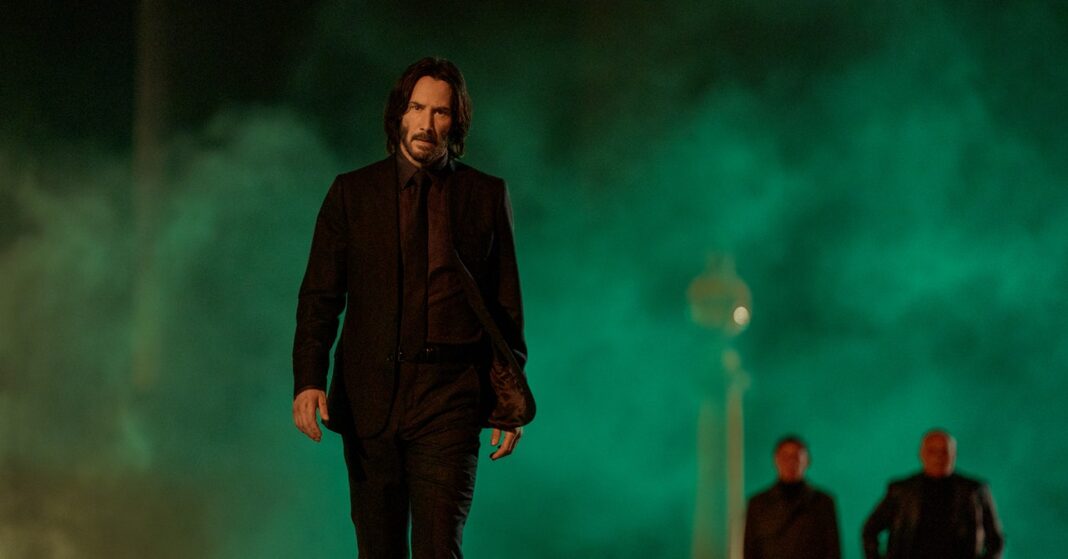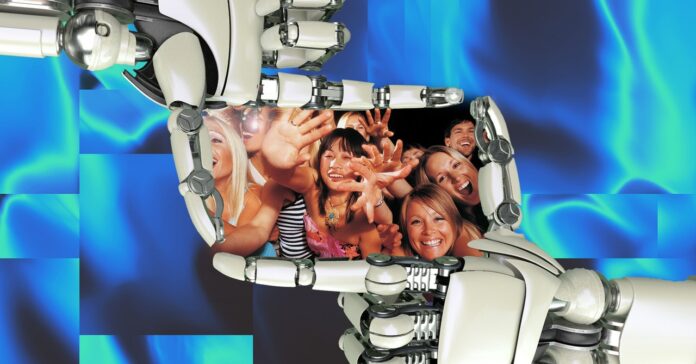In Short:
Lionsgate has partnered with AI company Runway to create a new tool for enhancing film and TV production. This tool will help filmmakers with preproduction and postproduction work. The deal raises questions about AI’s impact on creative jobs, despite assurances from both companies that it won’t replace human roles. California recently passed laws to protect actors’ rights amid these changes.
Lionsgate, the studio known for iconic franchises such as John Wick, Hunger Games, and Twilight, has announced a groundbreaking partnership with the artificial intelligence firm Runway. This collaboration intends to provide Runway access to the studio’s archives to develop a custom AI tool aimed at enhancing preproduction and postproduction processes for its film and television projects.
Details of the Partnership
According to a recent press release, this innovative tool is designed to assist Lionsgate Studios along with its filmmakers and directors in augmenting their creative processes. The technology will enable the generation of cinematic video content, which can subsequently be refined using Runway’s comprehensive suite of controllable tools.
Industry Reactions
This deal has drawn interest from industry observers, particularly regarding the implications of AI on creative work. Prominent writer-director Justine Bateman, who has previously expressed skepticism about AI’s role in Hollywood during last year’s strikes, cautioned that the studios might be seeking tailored versions of AI models rather than challenging the existing use of copyrighted materials. Her comments on X underscore the unease surrounding this development: “Over a year ago, I told you that I assumed the studios were NOT sending lawyers to the #AI companies over their models ingesting [sic] their copyrighted films, because they wanted their own custom versions. Well, here you go.”
Potential Implications for Actors
The agreement may also serve as a litmus test for the AI protections established by the Screen Actors Guild-American Federation of Television and Radio Artists (SAG-AFTRA) during their recent contract negotiations. These protections mandate that studios obtain consent from actors before creating digital replicas of their likenesses. However, as Matthew Sag, a professor of law and AI at Emory University, has noted, the exclusivity of the tool for preproduction and postproduction work aligns with the current legal framework.
Technological Evolution in the Industry
Sag remarked on the significance of this development: “It seems like a significant development, but the movie industry has been using all sorts of technology and automation for years. The difference is that now we are seeing more aspects previously deemed creative and artistic being automated.”
Legislative Context
This announcement follows closely on the heels of California Governor Gavin Newsom signing new legislation to protect actors from unauthorized replicas of their work. Set to take effect next year, this legislation aims to address prevailing concerns over AI’s impact, especially as video game voice and motion-capture actors are currently on strike, with a focus on securing AI protections.
Future of AI in Filmmaking
Even though the immediate impact on actors may be limited, the ramifications for those involved in preproduction and postproduction remain uncertain. Reports suggest that Lionsgate plans to initially deploy Runway’s tool for storyboarding, with potential future applications for visual effects in production. Sag notes that, “it’s impossible to know for sure which productivity tools will be job creators or destroyers,” leaving room for speculation about job impacts.
Perspectives on AI and Creative Work
Despite concerns surrounding automation, Runway’s CEO, Cristóbal Valenzuela, maintains that AI is intended to enhance human creativity rather than replace it: “Our core belief is that AI, like any powerful tool, can significantly accelerate your progress through creative challenges. It achieves this by helping to solve specific tasks, not by replacing entire jobs. Artists are always in control of their tools.”
Similarly, Michael Burns, Vice Chair of Lionsgate, perceives AI as a positive force in filmmaking. He noted that it will enable the studio to “develop cutting edge, capital efficient content creation opportunities,” and mentioned that many of their filmmakers are excited about these new tools, although specific names were not disclosed. What the longer-term outlook will be for both AI in filmmaking and its potential impact on jobs remains a matter for further examination.





